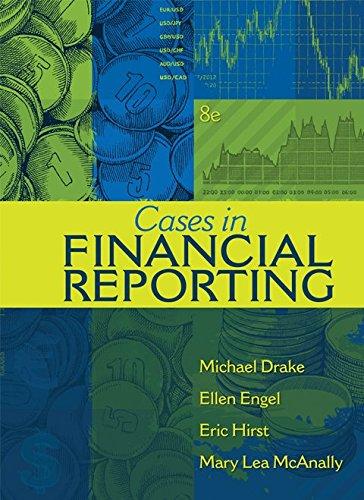Question
Question 15 Which of the following is true with regard toestate planning when at least some family members are not U.S. citizens: Question 15 options:
Question 15
Which of the following is true with regard toestate planning when at least some family members are not U.S. citizens:
Question 15 options:
A - The tests for determining if an alien is a U.S. resident is different for federal income tax law than it is for federal estate tax law
B - The test for determining if an alien is a U.S. resident are the same for federal and estate tax law
C - When the surviving spouse is a U.S. citizen living outside of the U.S. the issue is the availability of the gift or estate tax merital deduction for transfers of assets to a trust for the spouse
D - If the client is a U.S. citizen it makes a great deal of difference to the imposition of estate and gift taxes whether or not he/she is residing in the U.S.
Question 16
Which of the following would not generally be subject to federal estate and gift taxes?
Question 16 options:
A - An alien who is physically present in the U.S. at the time of his death
B - A person who is not a citizen, nor a resident, of the U.S. but owns stock issued by a U.S. corporation
C - A U.S. citizen not residing in the U.S.
D - An alien who is "domiciled" in the U.S.
Question 17
A qualified domestic trust (QDOT):
Question 17 options:
A - Cannot qualify for the marital deduction unless a special election is filed by the trustee.
B - Must have at least one trustee that is an individual who is a U.S. citizen or a domestic corporation
C - Must be a trust over which the surviving spouse has the right to all income and a general power of appointment
D - Is not subject to federal estate or gift taxes
Question 18
If administrative expenses and casualty losses are claimed as income tax deductions, a waiver of the right to claim them as estate tax deductions must be filed.
Question 18 options:
True
False
Question 19
Julie died owning certain interests in a family business, including interests in a partnership and a corporation. Her estate also included a life estate in an irrevocable trust. Julie incurred certain medical expenses in her year of death, which were paid by the estate shortly after her death. Which of the following postmortem income tax elections should the executor of Julie's estate consider?
Question 19 options:
A - An S election for the partnership
B - An election to adjust the basis of the corporate assets
C - An election to treat the irrevocable trust as part of the estate for income tax purposes
D - Claiming a deduction for the medical expenses on Julie's income tax return for her year of death
Question 20
Jeff died owning farmland in a closely-held business. He wishes to leave $100,000 to his recently divorced wife, Ann, and the farm to his son, George. All but which of the following estate tax elections should the executor of Jeff's estate consider?
Question 20 options:
A - A QTIP marital deduction for the $100,000
B - Special use valuation for the farmland.
C - Deferral of estate tax for the closely-held business
D - Alternate valuation for the assets in the estate
Step by Step Solution
There are 3 Steps involved in it
Step: 1

Get Instant Access to Expert-Tailored Solutions
See step-by-step solutions with expert insights and AI powered tools for academic success
Step: 2

Step: 3

Ace Your Homework with AI
Get the answers you need in no time with our AI-driven, step-by-step assistance
Get Started


